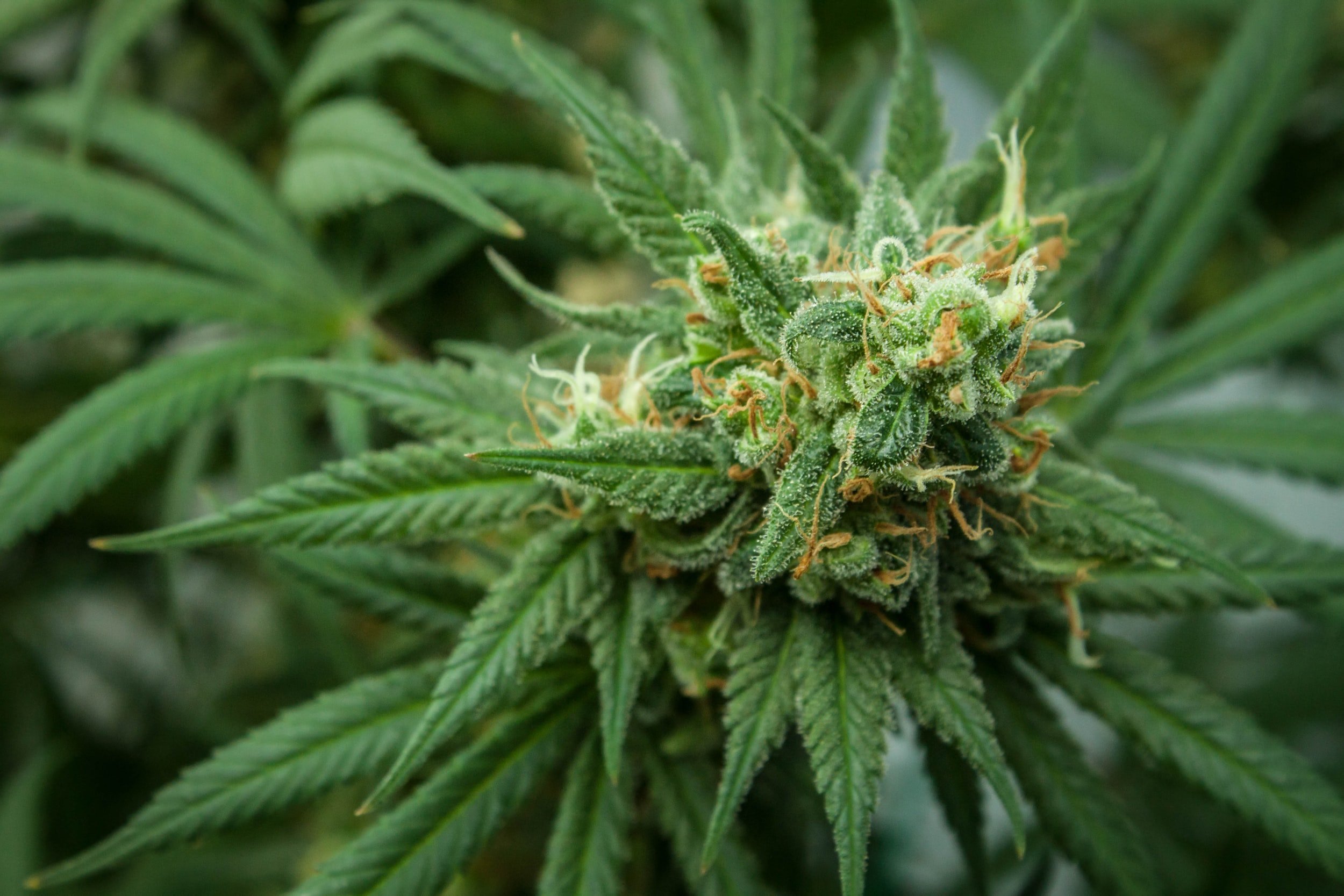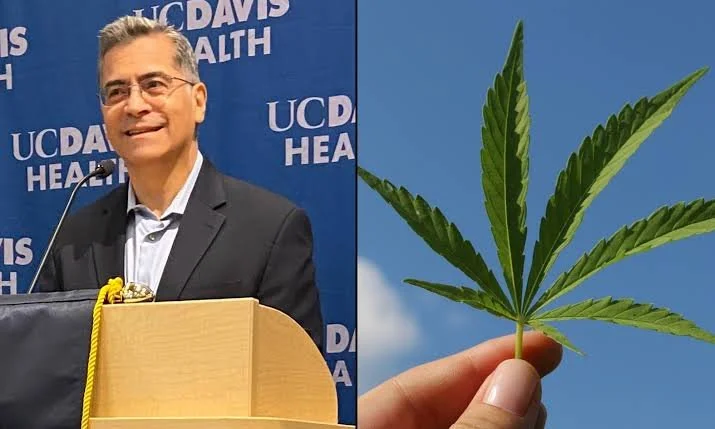
Blog
Medical Marijuana for Eating Disorders
Eating disorders are serious mental health conditions characterized by abnormal and often harmful eating behaviors. These disorders can have devastating physical and psychological effects, significantly impairing the quality of life.
Causes of Sore Throat From Vaping and How to Treat It
Vaping, the act of inhaling vaporized liquid through an electronic cigarette (e-cigarette), has gained popularity as an alternative to traditional smoking.
Marinol vs. Cannabis: Which Is Better for Medical Use?
In the evolving landscape of medical treatments, both Marinol (dronabinol) and cannabis have emerged as prominent options for managing a variety of health conditions. Despite sharing the active ingredient THC (tetrahydrocannabinol), these two substances differ significantly in their legal status, modes of administration, and applications.
Is Vaping Marijuana Safe?
In recent years, vaping marijuana has gained popularity as a perceived safer alternative to smoking it. Advocates argue that since vaporizers heat but do not burn the marijuana, this method eliminates the harmful effects of inhaling smoke.
Can Medical Marijuana Help Your Celiac Disease?
Celiac disease is an autoimmune disorder where the ingestion of gluten leads to damage in the small intestine. It affects approximately 1 in 100 people worldwide. The only known treatment for celiac disease is a strict gluten-free diet, which helps manage symptoms and promotes intestinal healing.
Can You Fly With Delta-8 Products?
Flying with Delta-8 products is an increasingly relevant topic as the popularity of this cannabinoid grows. Delta-8 THC, known for its pain-relieving properties and milder psychoactive effects compared to Delta-9 THC, has become a favorite for many users.
With Marijuana Being Rescheduled Can Federal Employees Use It?
In the ever-evolving landscape of cannabis legislation, the recent discussions surrounding the rescheduling of marijuana raise pertinent questions, especially concerning its implications on federal employment.
Will Insurance Cover Medical Marijuana if the DEA Reschedules Marijuana?
The recent decision by the DEA to reschedule marijuana has sparked numerous discussions, especially regarding its implications for insurance coverage. While the issue is complex and lacks definitive answers, exploring parallels with other scheduled medications, federal employees' access, and insurance company policies sheds light on potential outcomes.
Is CBD Oil for Lupus Safe or Effective?
CBD oil, derived from marijuana, has gained popularity for its potential therapeutic effects, particularly in managing pain and inflammation. However, its efficacy and safety in treating lupus, a chronic autoimmune disease, remain a subject of debate.
What Are the Benefits of Cannabis Concentrate?
Cannabis concentrates have revolutionized the world of cannabis consumption, offering users a potent and versatile alternative to traditional flower products. With THC levels reaching up to 90%, concentrates pack a powerful punch, providing faster onset of effects and a more intense psychoactive experience.
5 Smart Strategies to Save Money on Medical Marijuana
As the acceptance and legalization of medical marijuana continues to expand across the United States, patients are increasingly turning to medical cannabis for relief from various ailments. However, the cost of medical marijuana can sometimes be prohibitive, especially considering that insurance coverage is not yet widely available.
What Is THC?
In the realm of cannabis, few acronyms carry as much weight as THC. Tetrahydrocannabinol, or THC, is the psychoactive compound found in cannabis that is responsible for its intoxicating effects.
What Is CBD: A Comprehensive Guide to Cannabidiol in Virginia
In recent years, CBD (cannabidiol) has emerged as a popular wellness supplement, touted for its potential health benefits and therapeutic properties. From oils and capsules to creams and edibles, CBD products have flooded the market, captivating consumers seeking natural remedies for various ailments.
What Is Medical Marijuana?
Medical marijuana, often referred to as medical cannabis, is a term used to describe the use of the marijuana plant or its extracts to treat symptoms of illness or other conditions.
Does Medical Marijuana Work Better Than Traditional Medicines?
In recent years, the debate over the efficacy of medical marijuana versus traditional medicines has gained significant attention. Advocates of medical marijuana tout its potential benefits for a wide range of medical conditions, while skeptics raise concerns about its safety and effectiveness compared to conventional treatments.
The Future of Marijuana Dispensaries: Trends and Predictions
As attitudes toward marijuana continue to evolve and legalization spreads across the United States, the landscape of marijuana dispensaries is undergoing significant changes.
How Do Marijuana Dispensaries Cater to Patient Needs?
Navigating the world of medical marijuana can be challenging, especially for those seeking relief in areas where it’s legally available. In Norfolk, Virginia, patients are discovering a growing array of options at dispensaries tailored to their needs.
I Am a Medical Marijuana Patient. Can I Use Marijuana Products in Public?
Being a medical marijuana patient in Virginia comes with its own set of rules and regulations. While the state has made significant strides in legalizing medical cannabis, questions still linger regarding where and how patients can use their marijuana products.
How Does Medical Marijuana Impact Seizures?
In recent years, the landscape of medical treatment has witnessed a significant paradigm shift with the emergence of medical marijuana as a viable therapeutic option for various medical conditions. Among these conditions, seizures, characterized by abnormal electrical activity in the brain, have garnered considerable attention.
How Effective Is Medical Marijuana for Glaucoma Treatment?
Glaucoma, often referred to as the "sneak thief of sight," is a serious eye condition that affects millions of people worldwide. It is a leading cause of irreversible blindness, gradually robbing individuals of their vision without warning.




















